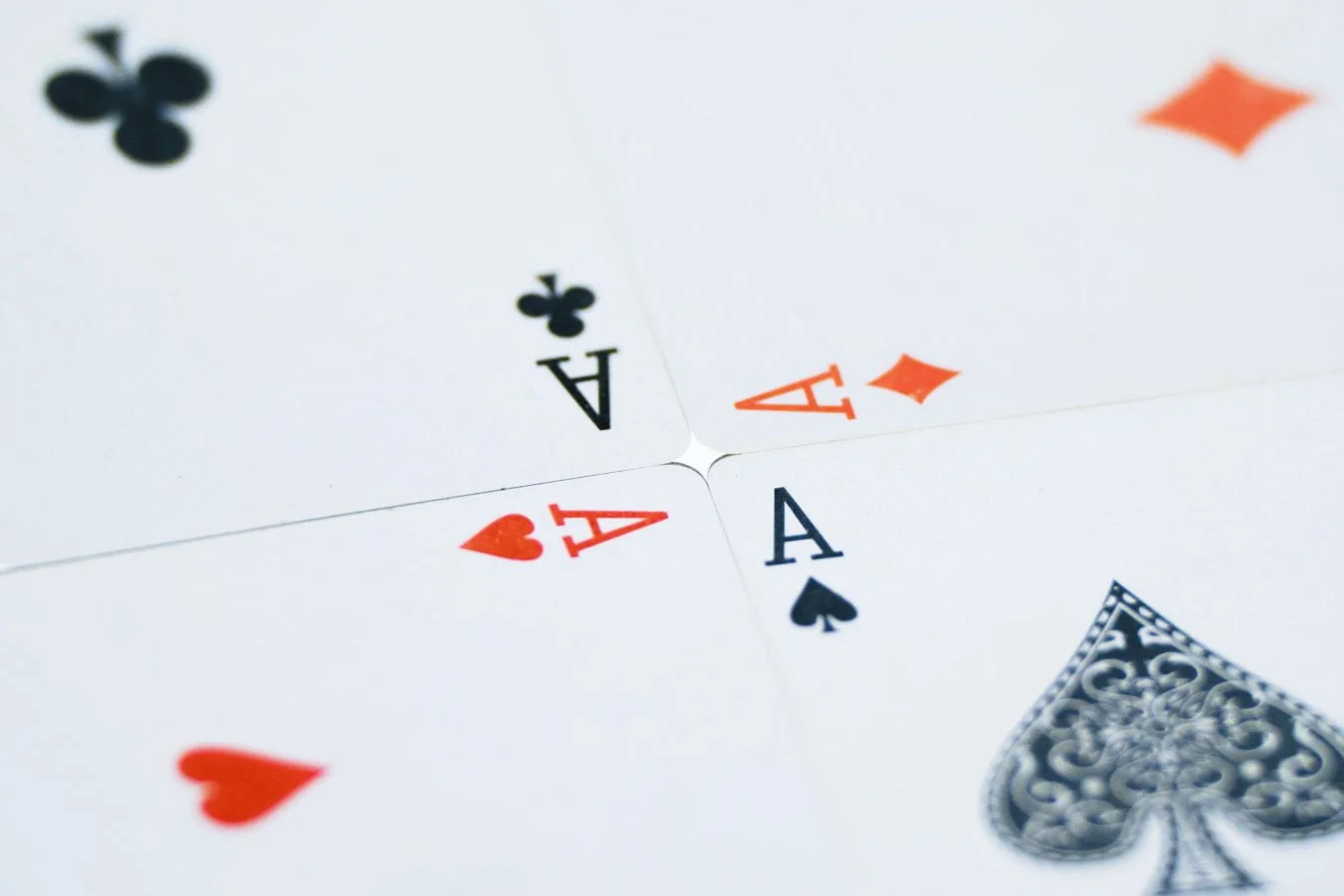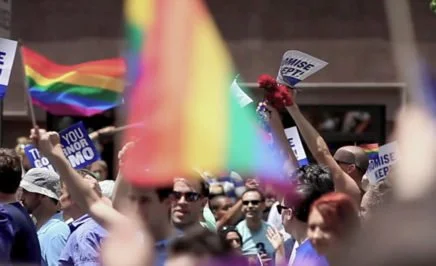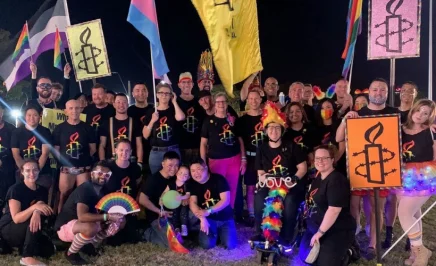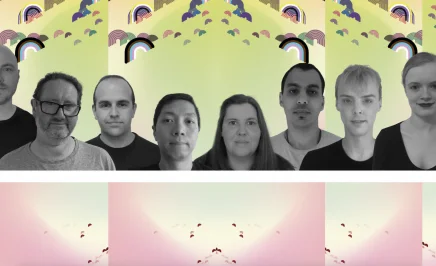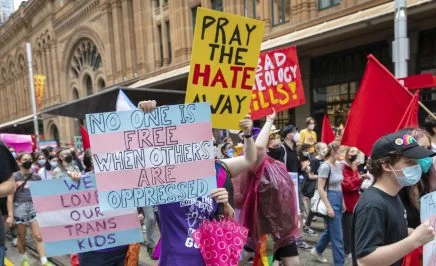Hi, I’m Isabelle. I research climate science, have a black belt in taekwondo, and am trying really hard to unwrap my love of Harry Potter from J. K. Rowling’s overt transphobia. I’m also asexual.
That may or may not have provoked an uncomfortable image of me somehow splitting apart as I break into two Isabelle-clones. Whilst that would be kind of wild, (un)fortunately that is what cells do, not humans.
That asexual spectrum falls under the oft forgotten letter ‘A’ at the end of LGBTQIA+, and has existed since forever, but fairly large chunks of society are only just catching up to that idea. On that note, that ‘A’ also encompasses aromantic folk (people who don’t experience romantic attraction) and agender folk (people who don’t experience gender), but I’m going to focus on asexuality, as that’s where my lived experience lies (and it’s asexuality awareness day, yay!).
What is Asexuality?
As you may have inferred from the previous definitions, being asexual means not experiencing sexual attraction. This makes it a bloody hard orientation to put your finger on, since how are you meant to know you don’t feel something if you don’t feel it!? Sometimes it feels like a bit of a Sherlock-esque mystery; there are clues about this whole ‘sexual attraction’ just about everywhere, but, since I’m not Sherlock, I can never quite solve the mystery. (On that note, if you do have a good way to explain to me what sexual attraction is, please share, I’d be grateful.)
So, for me, saying I’m asexual could be more accurately described as ‘there’s this thing out there that most people seem to feel but I don’t think I do since I really cannot relate to some of this stuff so I assume I don’t feel it, whatever it is’.In case you’re confused by that (honestly, I’m confused just writing it), let me simplify this into a (very short) list of some things that I don’t get. Before I start, do note that I am but one asexual and this list does not apply to all asexuals since we are a broad and intersectional spectrum of wonderful people. That being said:
- I don’t really get why porn is interesting
- Or why ‘waiting until marriage’ is hard
- Or why people really want to hook up with someone that they deem attractive but don’t really know
THAT DOES NOT MEAN I THINK THESE THINGS ARE BAD!
People are entitled to do whatever they want (so long as it’s consensual, safe, and age appropriate) and I don’t condemn any of the above, I just don’t quite get it.
So let me stop for a quick Q&A:
Q: Do I need my hormones checked?
Nope but you need your manners checked.
Q: Would my feelings about sex change if I just did ?
First up, being asexual is about sexual attraction, not about sex. And also, please stop trying to ‘cure’ me. Asexuality is not a disease.
Q: Is it just a phase?
What am I, the moon? Sexuality can change over time, but right here, right now, I am asexual, I have been for a while, and, like many others, will probably stay this way for the foreseeable future.
Q: Did you just make this up?
Nope, we’re real. We’re estimated to make up at least 1% of the population. I could have given you an exact answer on the number of asexuals in Australia if the Census had actually asked, but alas.
Q: Am I sad that I’m missing out on something?
To be honest, nope. Being panromantic, I’ve had incredibly romantic and platonic relationships that nourish me every single day so I’m not sure what else I need.
That last question is quite interesting, because it taps into how important we deem sexual and romantic attraction in society today.
We have books and movies written about people’s quests to fulfil their sexual attraction. We assume that if someone isn’t interested in having sex then there must be something awful wrong with them. We apply this judgement most forcefully to men who, we seem to constantly assume, must be interested in sex all the time. We firmly believe that someone single cannot be living a full and fulfilling life by deriving pleasure from the platonic connections that surround them.
All of this can make firstly discovering asexuality and then accepting this a non-trivial journey. I wrote this piece in part to educate so that allosexuals (i.e. non-asexuals, enjoy that double negative!) could hopefully be that little bit more supportive of asexual people in their lives, today and every day. But mainly I wrote this for the person who’s reading this, and seeing a little of their own experience.
And to you, I have the most important message of all.
You are amazing. You will live a life that is full of love and joy, no matter what form that love takes. You are not broken. You are not frigid or a prude or any of those other names. There is no such thing as needing to be ‘asexual enough’. You are not being a ‘bad’ asexual. You, just as you are, belong in this community, with us. Because, that’s what it is, a community, and you are not alone.
We all have the right to be treated equally, no matter our sexual orientation, gender identity or sex characteristics. Take action and find out more about our LGBTQIA+ Rights campaign.
Isabelle Greco is an activist for Amnesty International Australia.
